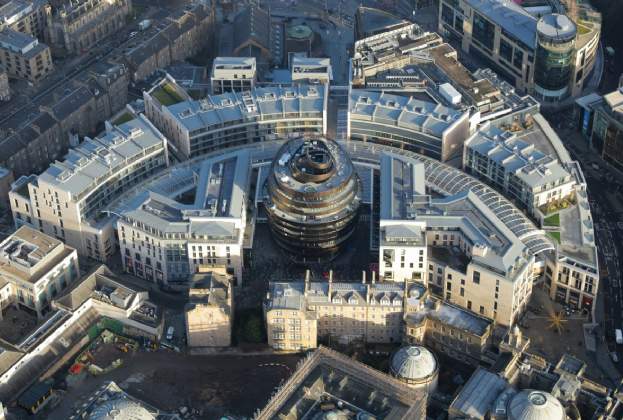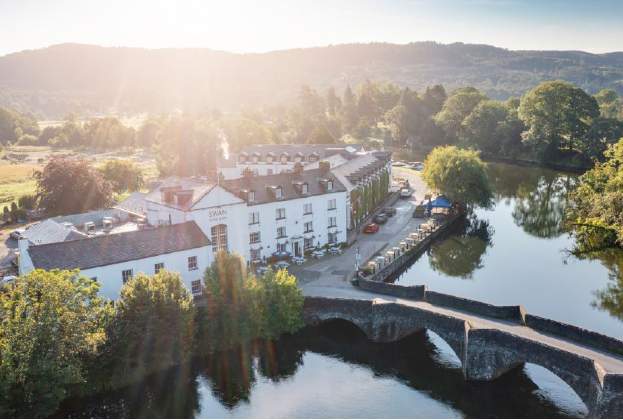So far, this year has been dominated by political uncertainty, economic headwinds and activist demonstrations. Despite this, investment in the leased hotel asset class has remained resilient.
Combined transaction volumes across pure leased investments and ground rent deals for the first three quarters of the year totalled £1.1 billion, representing 34 per cent of overall hotel investment. While volumes from January to September are down 14 per cent when compared with the same period last year, this is in part due to a stronger than average year for transaction volumes in 2018.
Notwithstanding this, we believe that there is still approximately £820 million of leased hotel investments, either available, under offer or exchanged, in the market. In addition, investors are increasingly cognisant of the competitive pricing offered by ground leases and alternative financial structuring methods to enhance their returns.
Appetite for leased hotels has been focussed on individual transactions rather than portfolio deals – these have accounted for 65 per cent and 35 per cent respectively. Interestingly, of the £1.1 billion invested so far in 2019, 45 per cent of the value has derived from forward funding deals, demonstrating the high levels of development activity taking place across the UK.
Geographically, hotel investment has been spread widely across the UK with a focus on micro-locations in both London and core regional cities. Investors are looking for strong market fundamentals, good corporate and/or leisure demand and significant inward investment.
The forward funding of Custom House Glasgow is a good example of this: pre-let to Clayton (Dalata) and Adagio (Accor SA), the hotel was acquired for close to £80 million by Union Investments Real Estate GmbH. In London there has been strong performance despite increasing supply levels, with revenue per available room up 4.3 per cent in the year to date, in part due to improved occupancy from major sporting events such as the ICC Cricket World Cup.
Development of leased hotel assets across the country is being driven by a multitude of performance and value related factors. In addition, the fall of sterling, rise in staycations and wave of repurposing opportunities have also generated demand. It was recently announced that Travelodge are looking to expand in 26 coastal resorts to support the shift in holiday habits of Britons.
As such, prime yields in regional markets have hardened marginally given the lack of good quality stock let to core covenants. For example, the 278-bedroom Maldron Manchester funding traded at 4.35 per cent and the 105-bedroom Premier Inn Bournemouth at 4.15 per cent, both sold to Aviva Investors.
The increase in alternative leasehold operators in the budget, midscale and upscale bracket now comprise a significant share of the market, with Dalata having over 10 projects in various stages of development.
Similarly, Leonardo, Radisson, Meliá, Motel One and Staycity are continuing to drive demand for sites across the UK. These brands provide both domestic and foreign investors with the opportunity to acquire secure long-term income to both growing and mature covenants during this period of uncertainty.
Further information


.jpg)


.jpg)
.jpg)



